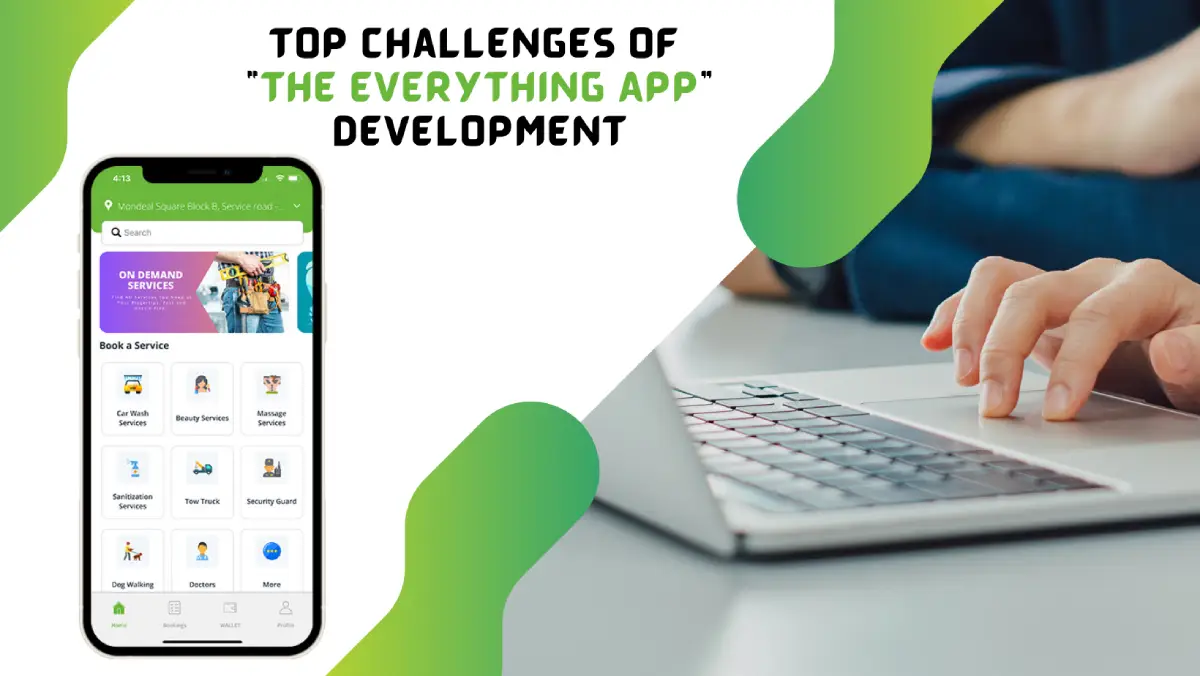Why Data Science Might Not Be The Right Career For You?
The goal of data science is to discover and solve business problems. Many experts, however, argue that there is nothing wrong with people selecting this career to improve their lives and that they can always learn and grow on the job.
The value of a data scientist is currently at an all-time high. As we approach 2022, there aren’t many occupations that can match the mystique, glamour, and respect that a data scientist commands.
However, despite all of these positive tendencies, there is an underlying unease. At an alarming rate, data scientists are resigning or changing jobs. What is causing this? Is there something we’re missing out on?
Table of Contents
Let’s look at 5 reasons why becoming a data scientist might not be the best choice for you.
1. Expectation vs. Reality
This is one of the most common problems in the world of data science. The distance between what data scientists assume and what they do in the enterprise is expanding.
There are a variety of reasons for this, and they might differ from one data scientist to the next. The amount of experience also contributes to the gap in expectations.
Take, for instance, aspiring data scientists. They are mostly self-taught and have acquired their knowledge from books and online courses. They have limited experience with real-world projects and datasets. I’ve also met a lot of aspiring data scientists who were completely unaware of:
- A machine learning pipeline in action.
- The value of software engineering in a data scientist’s overall skill set.
- What it means to put a model into production/deploy a model, and so on.
- The significance of data cleaning, as well as the fact that it consumes the majority of your time.
So, if you don’t enjoy reporting, writing, documenting, and presenting presentations, or explaining the fundamentals of your models or processes, project management, administrative overhead, and so on to stakeholders, this position may not be for you.
2. The Role of Data Scientists in Meeting Business Objectives
Another difficulty with (un)popular expectations. This is primarily due to the recent excitement around data science and artificial intelligence (AI).
Executives, CxOs, C-Suite executives, and investors all want to show that their company or project is at the cutting edge of technological advancements. AI is THE field to invest in right now.
Here’s the issue: many of these senior executives feel that AI is a panacea for their business challenges.
Unfortunately, that is not the case. Before reaching the ultimate result, data science initiatives usually entail a lot of tests, trial and error procedures, and iterations of the same process. It takes months and months to get to the desired result.
This does not sit well with business executives across the board. When data scientists become unhappy with their senior leadership and their excessive expectations, I’ve seen this result in a mass exodus from projects.
3. Lack of Data Science Professional Upskilling
Who doesn’t enjoy taking on new challenges? Given the quick pace at which data science advances, I would argue that it is ripe for these difficulties. Consider the Natural Language Processing (NLP) domain. The quantity of changes that have occurred in the last two years is incredible.
Almost every data scientist would relish the opportunity to work on these cutting-edge methods and frameworks. Who wants to spend years creating and iterating on the same logistic regression model?
The role of data scientists is not immune to stagnation. You’ll hit a brick wall after a certain length of time, and the yearning for a new challenge will always be there.
Here are three significant reasons for staff attrition that I’ve seen:
- Lack of Infrastructure: Most firms are in this situation; they lack the necessary infrastructure, such as computing systems, tool access, and so on, to support the function of a data scientist.
- Scope of Business: The company’s operational capabilities may be limited and limited. Beyond a certain point, it may be impossible for a data scientist to derive more insights from data.
- Lack of Research & Development: As a data scientist, you want to learn more about the profession and expand your horizons. For example, if you are a Computer Vision expert interested in learning about Natural Language Processing, an R&D zone would be the greatest venue for you. This is something that most organizations lack, which leads to attrition.
4. All About Experiments
Experiments and data science are similar. Before yelling “Eureka” to the stakeholders, you should attempt a few things. Do you have a high tolerance for persevering despite many failures, remaining resilient, and approaching the business problem from a new angle each time?
Most data science jobs live with a scorecard of 99 percent failure and nevertheless manage to come up with an effective and resilient solution from the remaining 1% of attempts. It all comes down to turning up.
The time it takes to move the needle, or advance one step in the development of a machine learning model, is extremely taxing and energy consuming.
End Notes
The data science field is extremely active in every way. Because we don’t fully comprehend many aspects, organizations are having difficulty choosing one aspect, process, or structure.
I am confident that, over time, we will have solid systems and processes in place, and data scientists will have a rewarding work environment. Both from a business and a data scientist’s perspective, this point needs improvement.
Read more: Types of Usability Testing in Software Engineering







